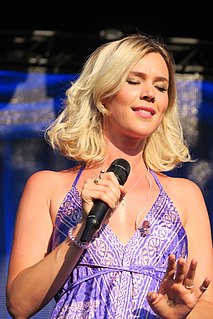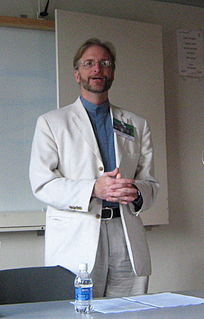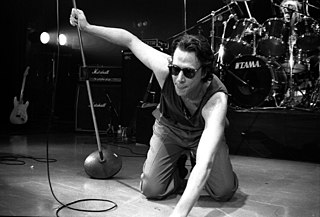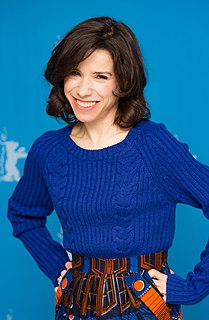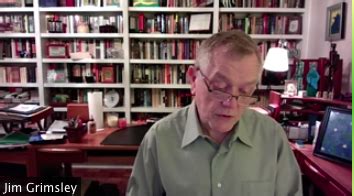A Quote by Alice Sebold
Well, it's my voice, so it's more accessible that way, and there are also all sorts of things like plot and timelines that are already known entities, so for me, it's very different from writing fiction.
Related Quotes
When you're writing for a game - even if you're using very well known characters like Batman and his villains who lend themselves to many different interpretations - you have to keep in mind that you're writing for a different medium. Things are a bit more straightforward than it is for a feature film or a TV show.
A couple of pieces of advice for the kids who are serious about writing are: first of all, to read everything you can get your hands on so you can become familiar with different forms of writing: fiction, non-fiction, poetry, journalism. That's very important. And also keep a journal. Not so much, because it's good writing practice. Although it is, but more because it's a wonderful source of story starters.
I, and all the complex things around me, exist only because many things were assembled in a very precise way. The 'emergent' properties are not magical. They are really there and eventually they may start re-arranging the environments that generated them. But they don't exist 'in' the bits and pieces that made them; they emerge from the arrangement of those bits and pieces in very precise ways. And that is also true of the emergent entities known as "you" and "me".
Writing fiction is very different to writing non-fiction. I love writing novels, but on history books, like my biographies of Stalin or Catherine the Great or Jerusalem, I spend endless hours doing vast amounts of research. But it ends up being based on the same principle as all writing about people: and that is curiosity!
I guess it was easier for me to find my voice in poetry than it was in fiction. I'm working on fiction again, and I find it a lot more difficult. It's a struggle. At a certain point, you have your voice and you go to it every time, so it's not like reinventing the wheel. That's the way I see it at least.
There's this pet phrase about writing that is bandied around particularly in workshops about "finding your own voice as a poet", which I suppose means that you come out from under the direct influence of other poets and have perhaps found a way to combine those influences so that it appears to be your own voice. But I think you could also put it a different way. You, quote, find your voice, unquote, when you are able to invent this one character who resembles you, obviously, and probably is more like you than anyone else on earth, but is not the equivalent to you.
For me, a lot of Discipline was very personal writing, like writing through and working out being inside this gendered body and also the compulsions of the body, the muting of the mind as driven by the body. My father had died some years ago so he haunts the book too, just floats through it ghost-like. But, the writing of every book is different for me. They are so like living creatures, these books, so I don't know what's carried over into the writing of the next things - except maybe that I'm best when I make my writing practice a routine.
When I devoted myself to poetry - and poetry is a very serious medium - I don't think the people that knew me as an individual with that tongue-in-cheek kind of humor...well, it didn't always lend itself to my poetry. When you're writing poetry, it's like working with gold, you can't waste anything. You have to be very economical with each word you're going to select. But when you're writing fiction, you can just go on and on; you can be more playful. My editor's main task is to cut back, not ask for more.


